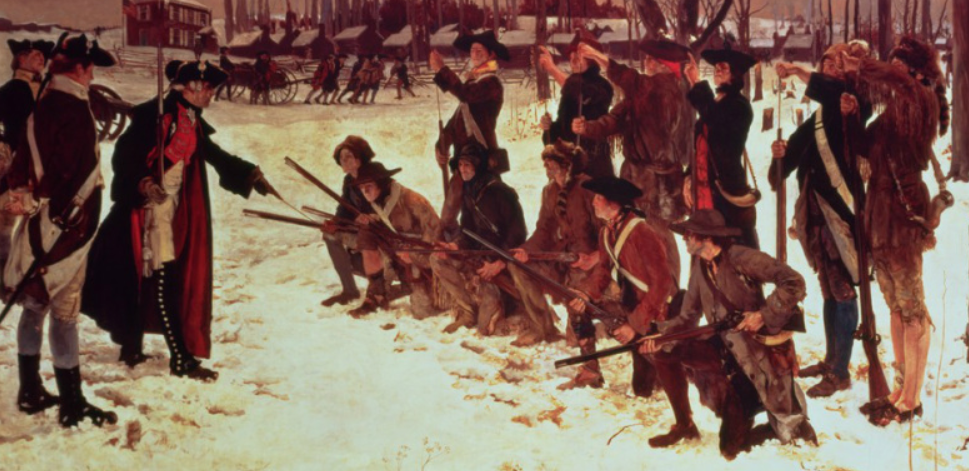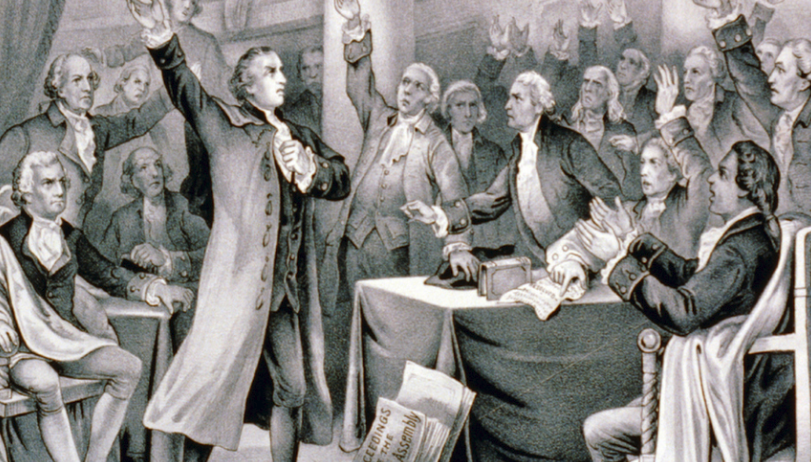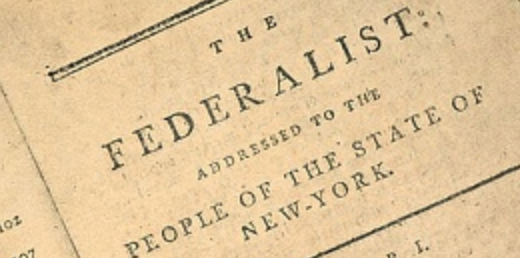Altogether Visionary - Equality, Taxation and Federalist #35
I found in Federalist #35 that Alexander Hamilton makes a better argument for his point than in many of the previous installments.
This Paper looks at the Federal Government’s ability to tax through the lens of equality. He does a good job demonstrating that limiting what methods the Union can use to raise revenue will naturally put an increased burden on certain sections of society.
As I have said before, reading Hamilton’s tirades can often become tiring. Today, we look at Federalist #35 where, instead of talking down to his audience or berating them for being naive, he simply presents an argument that makes sense.
Federalist #35
Alexander Hamilton
January 5, 1788
Keeping it Equal
Alexander Hamilton’s main goal with Federalist #35 is to argue that any limit to the power of the National Government to tax the people will end up being inherently unfair to certain citizens.
Hamilton uses the example of import duties.
If the only taxation the Union is permitted to use are import duties, that would unfairly lay the burden on merchants who profit from said imports.
Additionally, States which rely heavily on trade (such as New York, which Hamilton seems to have intentionally been trying to scare) would also pay significantly more in taxes than States which focused more on exportation.
Laying taxes directly on the people would be a more equal way to raise funds.
Mixing the House
Keeping in mind that the Federalist Papers were propaganda, which were published several times a week, Hamilton changes topics midway through this essay to discuss a popular criticism which had arisen.
Many Anti-Federalists were, at the time, criticizing the Constitution for not mandating a certain quota of people from different fields be selected as Delegates for the House of Representatives. The feeling was, since this was the ‘People’s House,’ that it should include as many subsections of society as possible.
Natural Association
Hamilton’s argument against this idea was that a mandate of this nature was unnecessary.
In his mind, people of all classes relied on each other to such an extent that any Congressman who was voted into office would be tied to the community whom he represented.
If we go back to the earlier example of a merchant we see that they would need to consider the tradesperson who made the products they sold, the ship captain who ferried their goods, the lawyer who maintained their affairs, the farmer who grew their food...the list goes on.
Granted, this was before the idea of class struggle came into vogue almost 60 years later, which argued that people from different levels of society had irreconcilable differences. Still, it is interesting to note that the Anti-Federalists (who were far from Communists) had the idea of integrating classes on their minds at this point in time.
Have you missed our previous Federalist Friday articles?
Check out the first 34 here.
The Anti-Federalists played a large role in creating the modern United States.
‘An Anti-Federalist Constitution’ discusses the role of the opposition in the formation of the Federal Government and takes a peak at what might have been if the Anti-Federalists took charge of the founding.
If you’d like a copy you can get one through the Amazon affiliate link below (you’ll support this site, but don’t worry, Amazon pays me while your price stays the same).
Want to get fun American Revolution articles straight to your inbox every morning?
Subscribe to my email list here.
You can also support this site on Patreon by clicking here.






